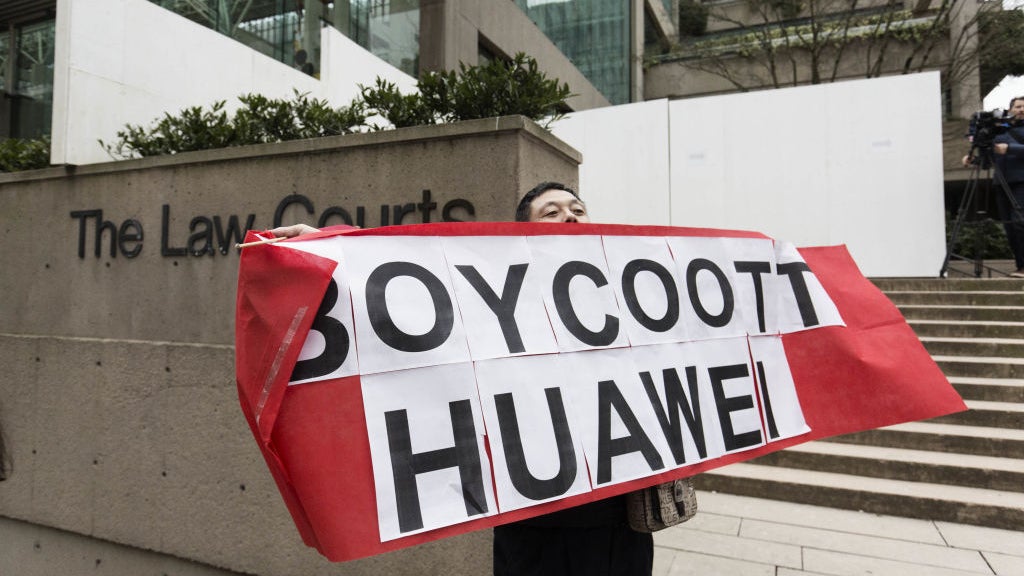
The Taliban regime has consulted Chinese telecommunications giant Huawei about a large-scale camera surveillance network across Afghanistan, it has been reported.
Authorities intend to repurpose a surveillance plan developed by the US before its withdrawal from Afghanistan in August 2021, according to Reuters.
This is said to involve supplementing the thousands of cameras already situated across Kabul, the country’s capital, to enhance security against the multitude of attacks launched by the Islamic State in Afghan cities.
Human rights groups are concerned that the four-year surveillance plan will lead to a further clampdown on protestors in Afghanistan – already a cornerstone of the Taliban regime alongside public executions and torture.
A Huawei blunder?
Huawei’s reputation, meanwhile, has become further tainted by association with the Taliban’s totalitarian system. The Shenzhen-based company has faced widespread accusations of spying on Western users of its technology on behalf of China.
Countries including Canada, the UK, Germany, Australia and Japan followed suit when the US declared a boycott of Huawei products in 2019.
By cooperating with the Taliban, Huawei stands to gain little financially but seriously harm its reputation – especially among Middle Eastern markets at odds with the Taliban regime.
Qatar and Saudi Arabia may recognise the Taliban’s regime to varying extents, but animosities still exist between Afghanistan and Iran, Pakistan and Tajikistan. Taliban involvement could jeopardise Huawei’s prospects of tapping into these Middle Eastern and Central Asian markets, even with the company having earlier this month announced plans to open a cloud data centre in Riyadh.
GlobalData research forecasts a boom in the Middle Eastern telecommunications industry, with multiple countries’ markets projected to increase at an 8% compound annual growth rate from 2022 to 2027.
Huawei’s involvement also furthers a trend of international legitimisation of the Taliban government, aggravated by the US’ willingness to negotiate with the regime in July.
The US State Department has said Washington was not “partnering” with the Taliban and has “made clear to the Taliban that it is their responsibility to ensure that they give no safe haven to terrorists”.
Afghanistan’s Ministry of Interior spokesperson Abdul Mateen Qani told Reuters that there are more than 62,000 cameras across Afghan cities, all monitored from a central control room.
“We are working on a Kabul security map, which is (being completed) by security experts and (is taking) lots of time,” Qani said. “We already have two maps, one which was made by the USA for the previous government and the second by Turkey.”
From US security plans to advice and potential investment from Chinese telecommunications companies, the Taliban continues to capitalise on careless behaviour from foreign entities.







